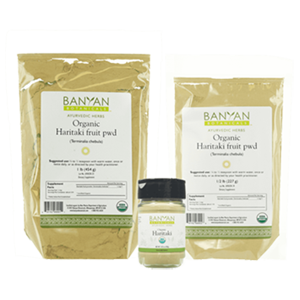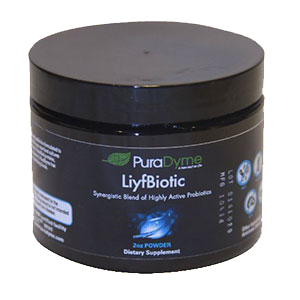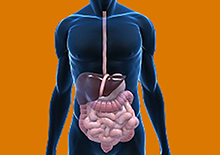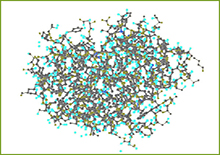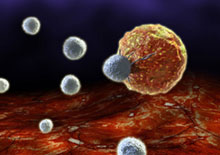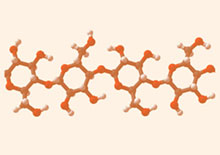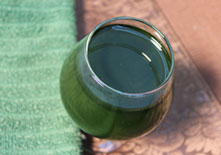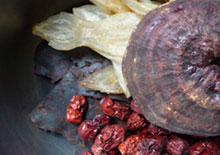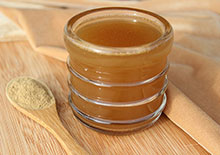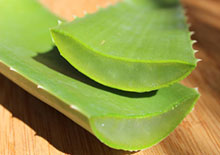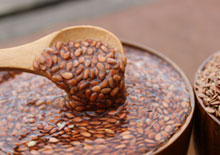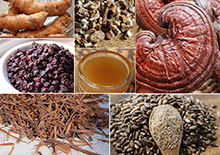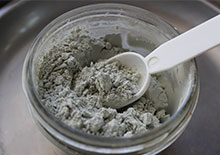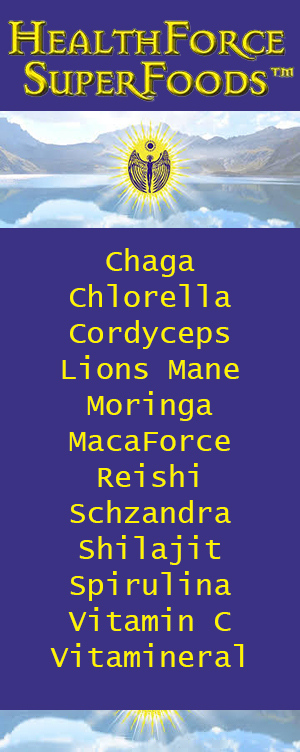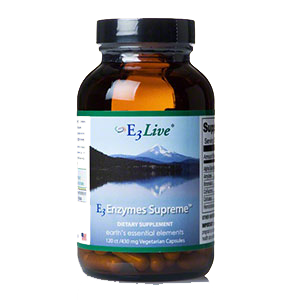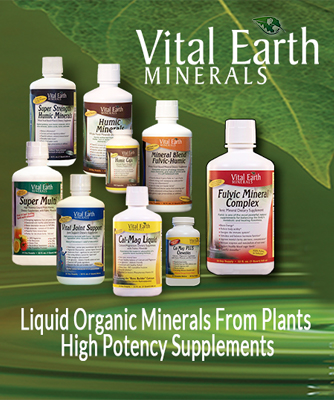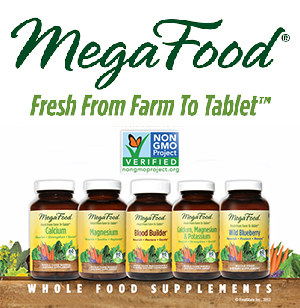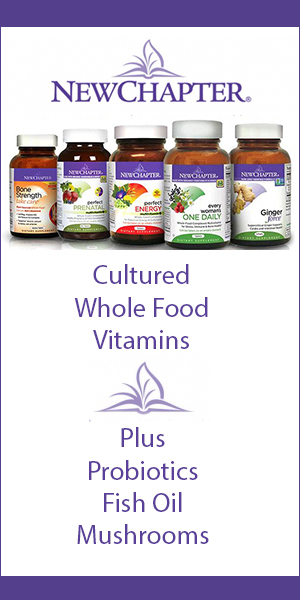Colon Health and Functions, Benefits of Colon Cleansing
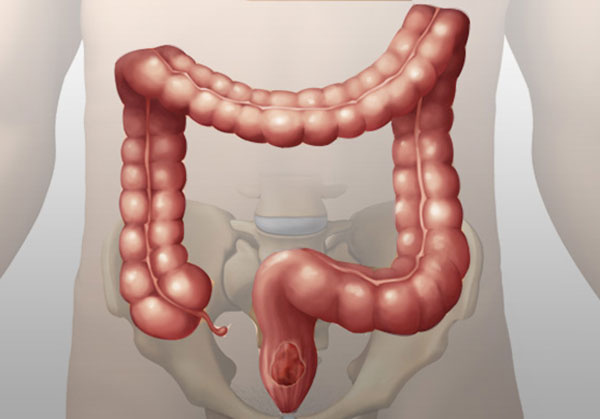
The colon, a section of the large intestine, is the last stage of digestion. By the time food particles reach this region most nutrient absorption has already happened. It's primary job is to remove any residual nutrients, salts and water content and compact remaining waste into solid fecal matter to be eliminated via the stools.
Acting as the waste management system, all organs, cells and
tissues rely on a healthy colon so they can perform efficiently. It is essential for the liver, the master detoxifier of the body, in purifying the blood and cleansing toxic substances.
The results of elimination mirror the whole process of digestion and can be used as a gauge to understand how well digestion has occurred. In Ayurvedic and Chinese systems, the condition of the stool is often largely taken into account when reviewing an individual's digestive capacities and state of overall health.
When the gastrointestinal tract is performing efficiently, we are able to release the waste material leftover from our meals and experience regular healthy bowel movements or stool that is properly formed.
Both short and long term dietary practices can, of course, affect this process considerably. When digestion is off from poor food choices or bad food combinations, the colon is affected and its function inhibited. If these dietary habits are continued, accumulation of impacted fecal matter can occur which some health experts believe causes various levels of "intestinal autointoxication." This is a disorder that generates toxic substances that can poison the body and block detoxification pathways.
While this is a controversial subject not entirely embraced by the allopathic medical community, many holistic practitioners like Dr. Bernard Jensen believe autointoxication "produces undesirable consequences in the body and is the root cause of many of today’s diseases and illnesses." (Tissue Cleansing Through Bowel Management by Dr. Bernard Jensen)
There is a broad range of health issues intestinal fecal build-up can contribute to. Frequently symptoms like chronic bloating, gas, fatigue, constipation, food cravings, abdominal pain, hormonal imbalance, allergies and even inflammatory disorders like arthritis, IBS and diverticulitis can be a sign that the colon is obstructed.
The best solution to the symptoms of a toxic intestinal tract and bloated gut is to tend to the root cause of the problem. This is where diet and colon cleansing regimens can be of particular benefit. But first, we will discuss more about the colon itself and its main sections and functions.
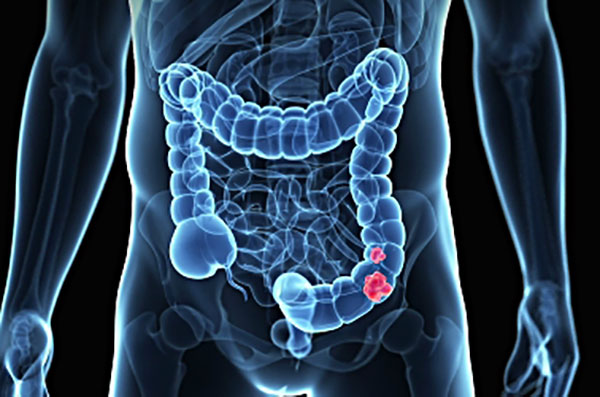
What is the Colon?
The term "colon" is sometimes used interchangeably with the term "large intestine", however technically speaking, the large intestine is a muscular tube-like organ about 5 feet long that is split into three different sections, called the cecum, the colon and the rectum. The colon is the largest section of the large intestine, located in the middle of the cecum and rectum.
The cecum collects unabsorbed residue, containing undigested food, fiber, water, nutrients and salts, from the small intestine via the ileocecal sphincter.
The colon receives this watery mass of partially digested food 2-5 hours after eating and slowly moves it up, across and down the colon via peristaltic movements, a process which usually take between 12-24 hours.
The colon is divided into four sections:
- Ascending colon - the first section connected to the cecum "asecends" upward, beginning the water and nutrient extraction process. It runs up the right side of the abdomen.
- Transverse colon - the middle section, passing across the top of the abdomen from right to left below the stomach.
- Descending colon - the last section "descends" downward, storing and moving stools toward the sigmoid portion. Gut flora are particularly dense in this section.
- Sigmoid colon - the "s-shaped" portion that moves stool into the rectum.
After the undigested food residue enters the colon, it combines with mucus and bacteria that start to form feces. The colon absorbs water and any remaining nutrients as this fecal material moves through the different sections. This is also where beneficial gut bacteria produce vitamins like vitamin B12, vitamin K, thiamine, riboflavin and biotin.
From the colon, the undigestible waste material is sent toward the rectum, the last section of the large intestine. Defecation reflexes are then triggered to let you know when to eliminate stool.
Role of Gut Flora and the Gut-Associated Lymphoid Tissue
The amount of microbial gut flora, also called gut microbiota, varies throughout the digestive tract. While small amounts are present in the small intestine and stomach, the colon by comparison holds the largest population of microbacteria. They are especially abundant in the descending colon and are known to make up about 60% of the dry mass of our stool formation.
A healthy colon has a dense and diversely populated community of yeast and bacteria that when present in proper ratios enable a synergistic (mutualistic) relationship between you and your microbes.
In a study documented in the Therapeutic Advances in Gastroenterology is was quantified that "our gut contains in the range of 1000 bacterial species and 100-fold more genes than are found in the human genome."
Often referred to as the "forgotten organ", some health experts in fact liken the metabolic activities performed by these intestinal microorganisms to those of any vital organ system.
The gut is also an essential part of the immune system and the large intestine is surrounded by a mass of tissue, called gut-associated lymphoid tissue (GALT), that generates immune cells. These gut flora work together with the lymphatic system and play a major role in human immune function.
Different species of bacteria natural present in colon, like Bacteroides and Clostridia, largely influence anti-inflammatory responses and help to regulate the production of cytokines and antibodies the immune system produces.
Colon Health, Ayurvedic and Chinese Systems
In Ayurvedic medicine, the analysis of stool formation is often used as a diagnostic tool to understanding the health of one's digestive functions. When stool is well formed is has a smooth, soft ripe banana-type consistency and tends to float when submerged in water.
Signs of strong digestive capacity are also reflected by regular cycles of elimination or bowel movements, which should occur at least once a day without strain.
From an emotional standpoint, the large intestine being an organ of elimination is related to transformation, change, letting go and moving on. In Traditional Chinese Medicine it is intimately connected with the lung meridian system. The two corresponding organs are associated with the metal element and the emotion of grief.
If we are emotionally holding on as well as feeling stubborn or resentful, we can also become constipated. Similarly, fear and grief can also cause diarrhea or loose stools. When we follow lifestyle and dietary protocols that encourage healthy bowels, we can also simultaneously help to release these destructive emotions and blockages that can impede our personal growth on many levels.
Ways to Maintain a Healthy Colon
In the words of Donna Gates,
author of the Body Ecology Diet, "All health begins in the digestive
tract and creating a healthy colon is a great first step to wellness." (Source)
Dietary Practices for a Healthy Colon
- Fiber - A diet high in both soluble and insoluble fiber helps to move the feces through the colon through its bulking actions. This can be in the form of fruits and vegetables or fibrous grains and legume types. In addition foods like chia seeds, flax, psyllium husks, seaweeds and aloe vera also provide bulking materials and polysaccharides beneficial for sweeping the colon and eliminating blockages. Some of these foods contain high amounts of mucilage, viscous substances that produce a gelatinous bulk material when hydrated. They are especially helpful for modulating intestinal inflammation as well as providing bowel regularity and healthy stool.
- Quality Foods -
When we eat processed, preserved or refined foods that lack food enzymes
necessary for breaking down nutrients, we can become, not only
malnourished, but also deficient in digestive enzymes.
A deficiency in digestive enzymes can significantly decrease metabolic
enzyme activity; a condition some health experts believe is at the root
of most chronic health issues and diseases. Raw blended enzyme-rich
soups and smoothies can be a great way to predigest your food so that is
can be easily absorbed when digestion is compromised. Fermented foods,
like cultured vegetables, also provide enzymes and probiotic nutrients for healthy gut microbiota.
- Chlorophyll - Consuming drinks and eating foods high in chlorophyll, like leafy green vegetables, microalgaes, homegrown sprouts, green smoothies or freshly pressed raw green juices, help to cleanse the colon and are known to inhibit the overgrowth of yeast or fungal strains, like candida, whilst maintaining a healthy ratio of beneficial gut flora.
- Triphala and Supplements - Triphala is one of our top recommended powders or tablets for its supportive and cleansing actions on digestion and intestinal functions. It is a classic Ayurvedic formulation that is well-tolerated by most people. It is easy to take first thing in the morning or an hour before bed. It helps to eliminate excess or "ama" in the colon via its gentle laxative-like effects. In addition, there are a number high quality enzyme, probiotic and colon cleansing supplements available that can help in the detoxification as well as health restoring process.
- Pure Water - It is important to hydrate the body on a daily basis with a pure non-chlorinated water source. The typical recommendation is between 9-13 cups (2.2-3 liters), depending on level of activity and body weight. This can, in part, be in the form of other liquids like teas or drinks, with the exception of soda and coffee.
Additional Colon Cleansing Therapies
In addition to following the mentioned dietary practices, regular exercise through aerobic activities can help to increase blood flow and circulation, effects that positively impact the colon and the stimulation of bowel movements.
It can also be extremely beneficial to partake in a number of therapies known to significantly help reduce potential toxic non-eliminated waste trapped in the large intestine. This material can become encrusted as mucoid plaque into pockets of the colon wall, causing aforementioned autointoxication and fatigued conditions.
These protocols may include juice fasting, the use of enemas or receiving a colon hydrotherapy treatment from a qualified specialist.
- Juice Fasting - Juice fasting is the abstinence from eating solid foods for a number of days in a row, adhering to a diet of freshly pressed fruit and vegetable juice. It is often viewed as one of the top ways to normalize digestive functions as well as renew and repair intestinal systems that are blocked up as a consequence.
- Enemas - Periodic enemas can be a gentle way to flush out the lower section of the rectum and colon, which can provide immediate relief from constipation or impacted bowels. Enemas are known to leave you feeling cleaner, lighter and energized soon after treatment.
- Colon Hydrotherapy - This is a procedure in which a trained hydrotherapist, with the use of a hydrotherapy machine, gently infuses pure warm water into the colon to remove excess waste material and potential mucoid plaque. This technique reaches much of the colon and is usually achieved in a series of treatments, each one moving deeper and providing greater release.
Precautions:
We recommend seeking the advice of your medical physician when making sudden dietary changes or partaking in colon cleansing therapies, especially if you are taking prescription medications or have a serious health condition.
Shop Related Products (About Affiliates & Amazon Associate Paid Links)
Affiliate Disclaimer: This section contains affiliate product links. If you make a purchase through one of our recommended links, we will receive a small commission at no additional cost to you. Thanks for the support!

